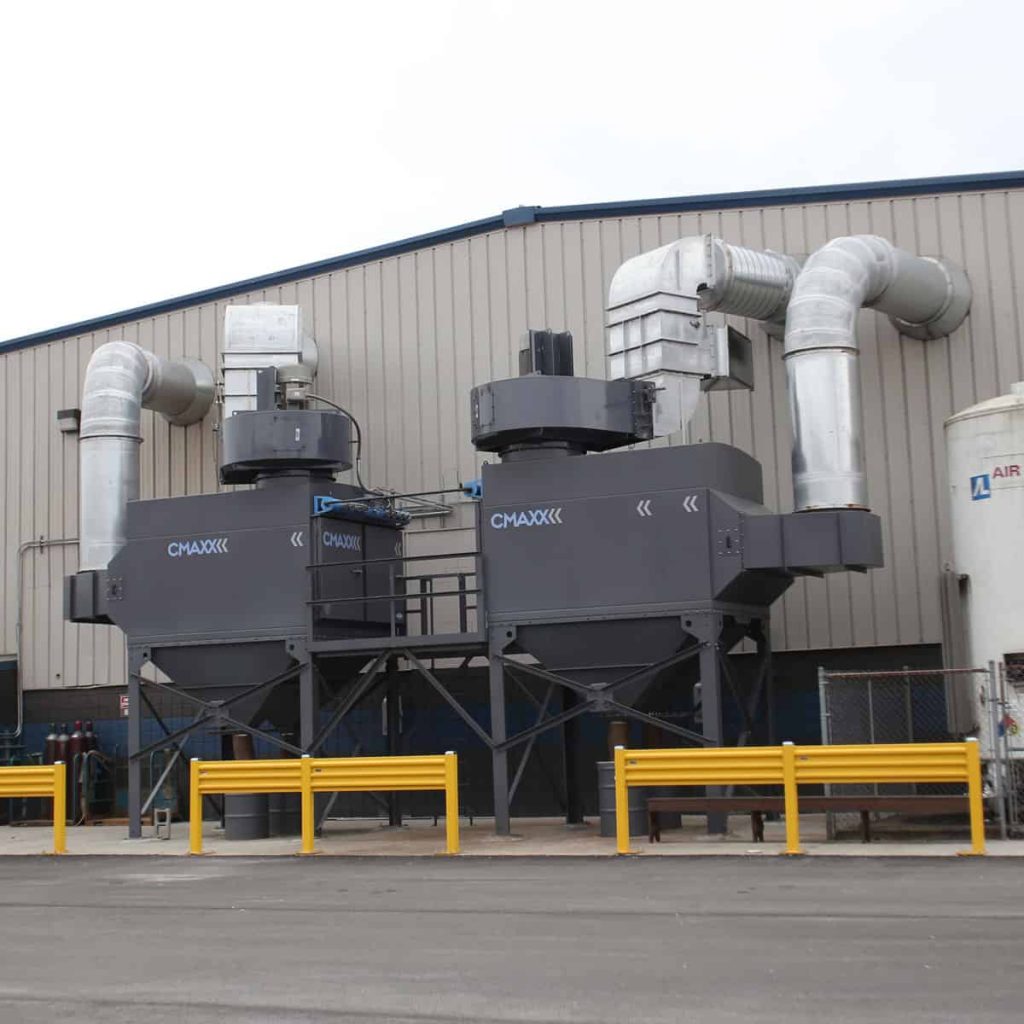In various industrial and manufacturing sectors, the presence of airborne dust and particulate matter is a significant concern. Dust can come from various sources, including machinery operations, material handling, and processes such as grinding or cutting. The accumulation of dust not only affects the cleanliness of a workspace but also poses serious health risks to employees. This is where dust collectors play a crucial role in maintaining a clean and healthy work environment.
Understanding Dust Collectors
Dust collectors are engineered systems designed to capture and filter dust particles from the air in industrial settings. These systems can vary in design and complexity, ranging from simple portable units to large centralized systems that serve entire facilities. The main components of a dust collector typically include a fan, filter or filter media, and a dust receptacle or hopper. Together, these components work to remove harmful particles from the air, ensuring cleaner workspaces.

Health Benefits
The primary purpose of dust collector troubleshooting is to protect the health of workers. Inhalation of dust can lead to respiratory issues, allergic reactions, and long-term diseases such as asthma or chronic obstructive pulmonary disease COPD. Industries like woodworking, metalworking, and construction are particularly susceptible to dust-related health issues. By effectively capturing dust at the source, dust collectors minimize employees’ exposure to harmful particulates, thus promoting a safer working environment.
Regulatory Compliance
In many regions, workplaces must adhere to strict environmental and occupational health regulations. These regulations often mandate specific dust control measures to protect workers and the environment. By implementing dust collection systems, businesses can not only comply with these regulations but also avoid potential fines and legal liabilities. Additionally, maintaining compliance with health and safety standards enhances a company’s reputation, fostering trust with employees and clients alike.
Operational Efficiency
Dust accumulation can negatively impact machinery and equipment performance. Dust on machinery can lead to overheating, increased wear and tear, and ultimately, equipment failure. By installing dust collectors, companies can ensure cleaner machinery, leading to reduced maintenance costs and improved operational efficiency. Moreover, a clean work environment enhances employee morale and productivity, as workers are more likely to perform better in tidy, well-maintained spaces.
Environmental Impact
Beyond workplace safety, dust collectors also play a role in environmental protection. Industrial processes can release harmful dust into the atmosphere, contributing to air pollution. Effective dust collection systems help to capture and contain these particles, reducing the overall environmental footprint of industrial activities. By implementing proper dust control measures, companies demonstrate their commitment to sustainability and environmental responsibility.
Choosing the Right Dust Collector
Selecting the appropriate dust collector for a specific application involves considering several factors, including the type of dust generated, the volume of airflow required, and space constraints. Businesses should conduct thorough assessments to determine the best fit for their needs. Regular maintenance and monitoring of dust collection systems are also essential to ensure optimal performance and longevity and try here www.tysum.com.
Dust collectors are indispensable in creating clean and healthy work environments across various industries. By safeguarding employee health, ensuring regulatory compliance, enhancing operational efficiency, and promoting environmental responsibility, dust collection systems are vital investments for any business. Prioritizing air quality not only protects workers but also contributes to the overall success and sustainability of industrial operations.